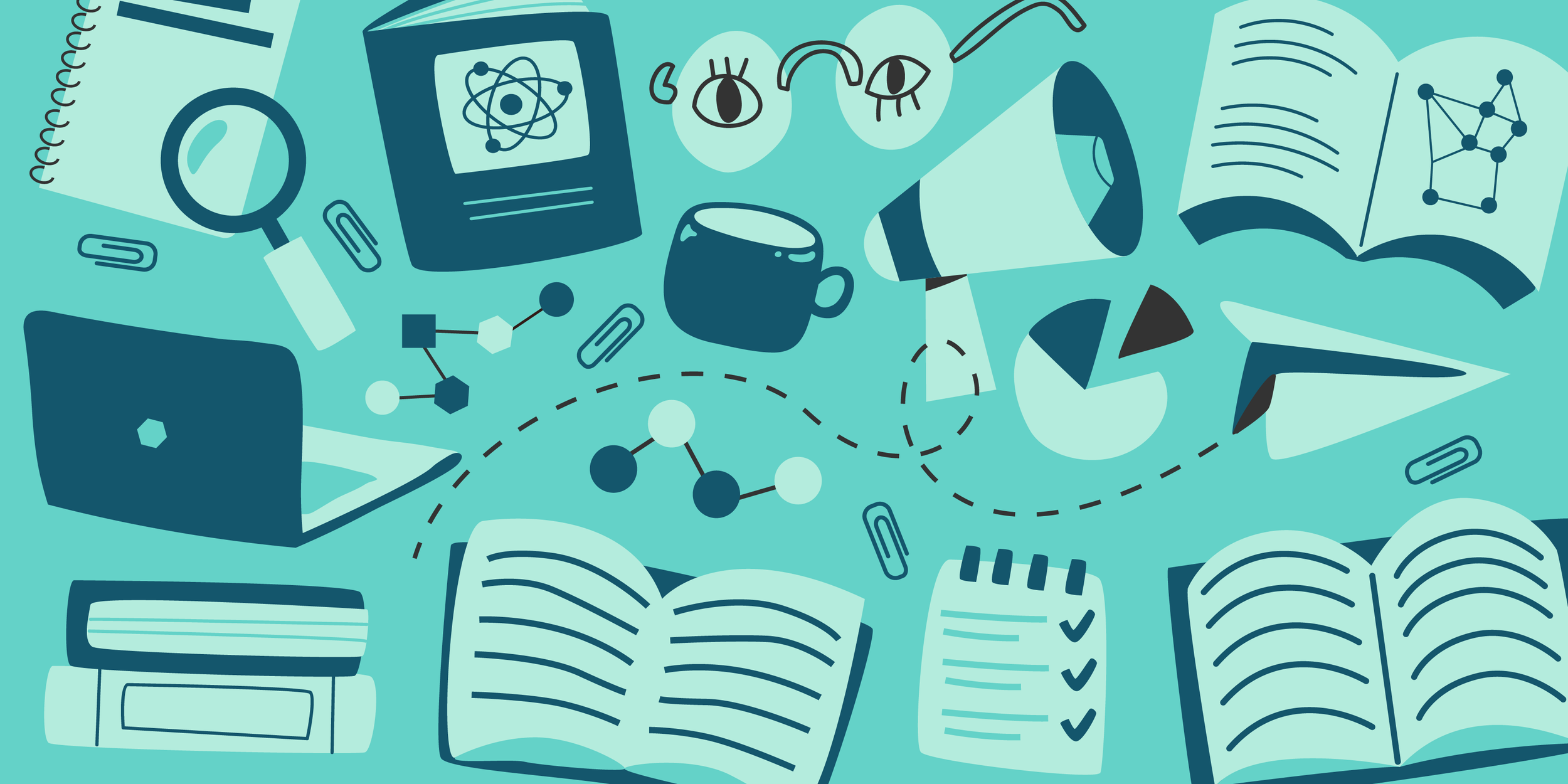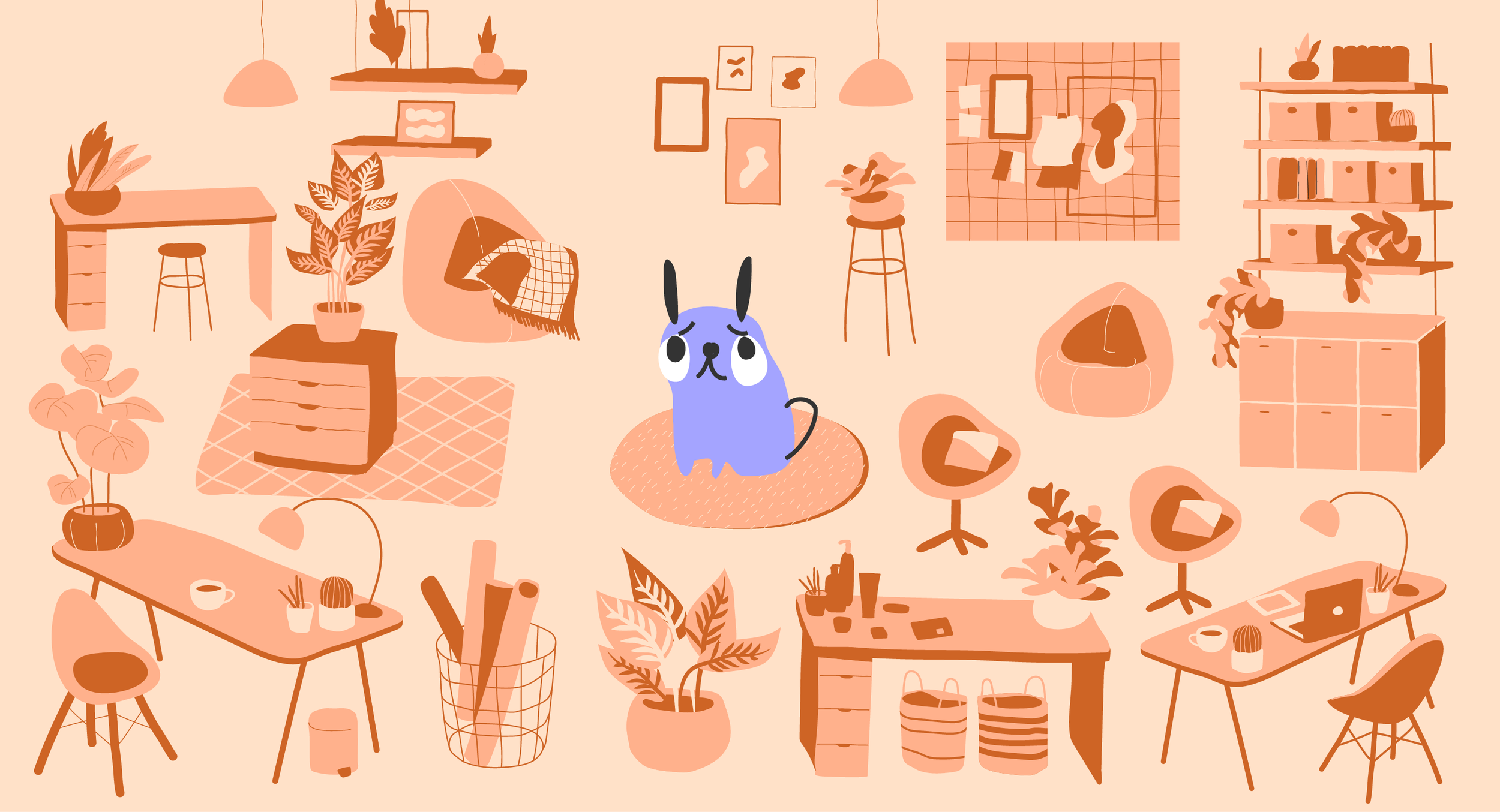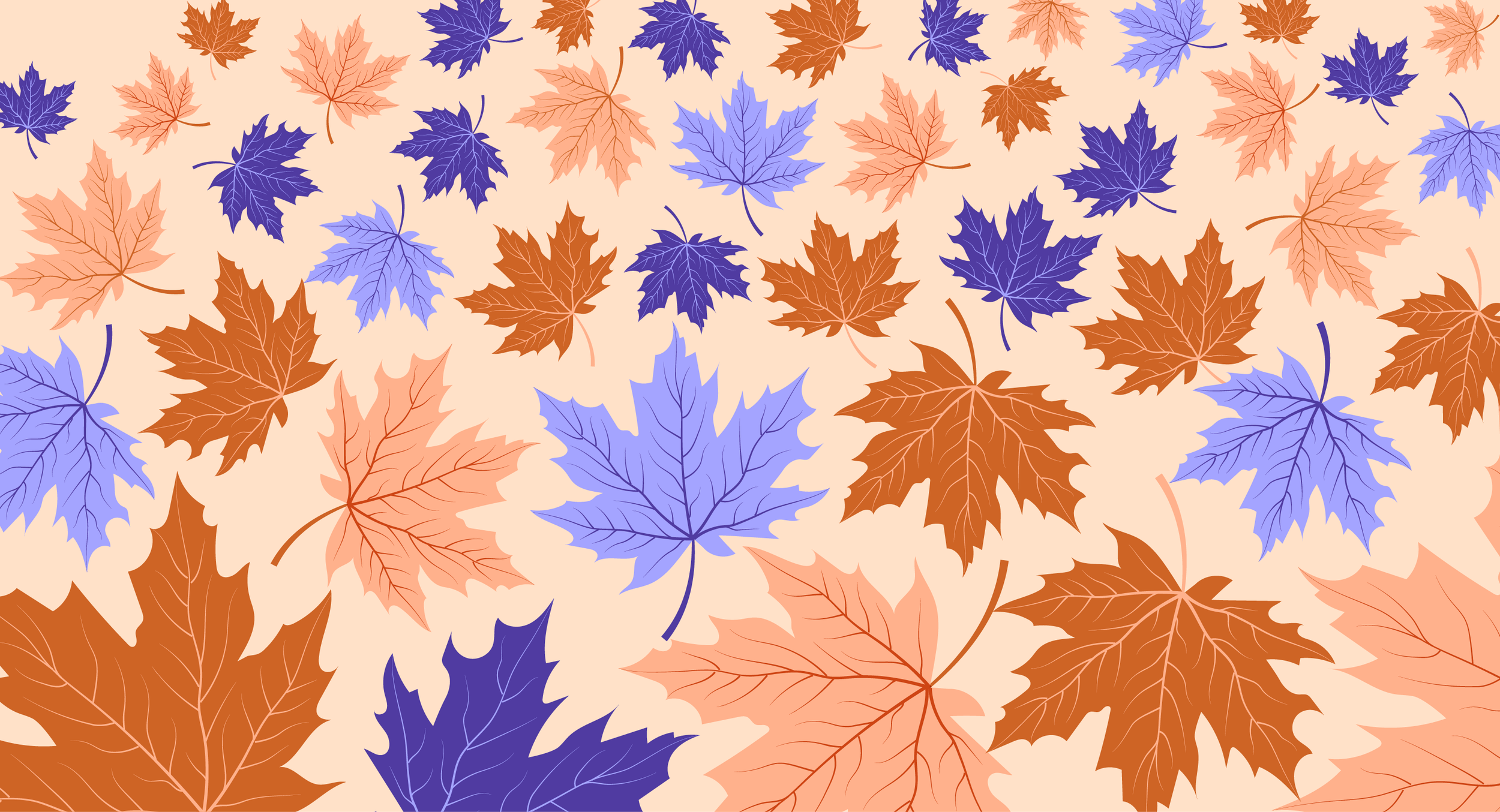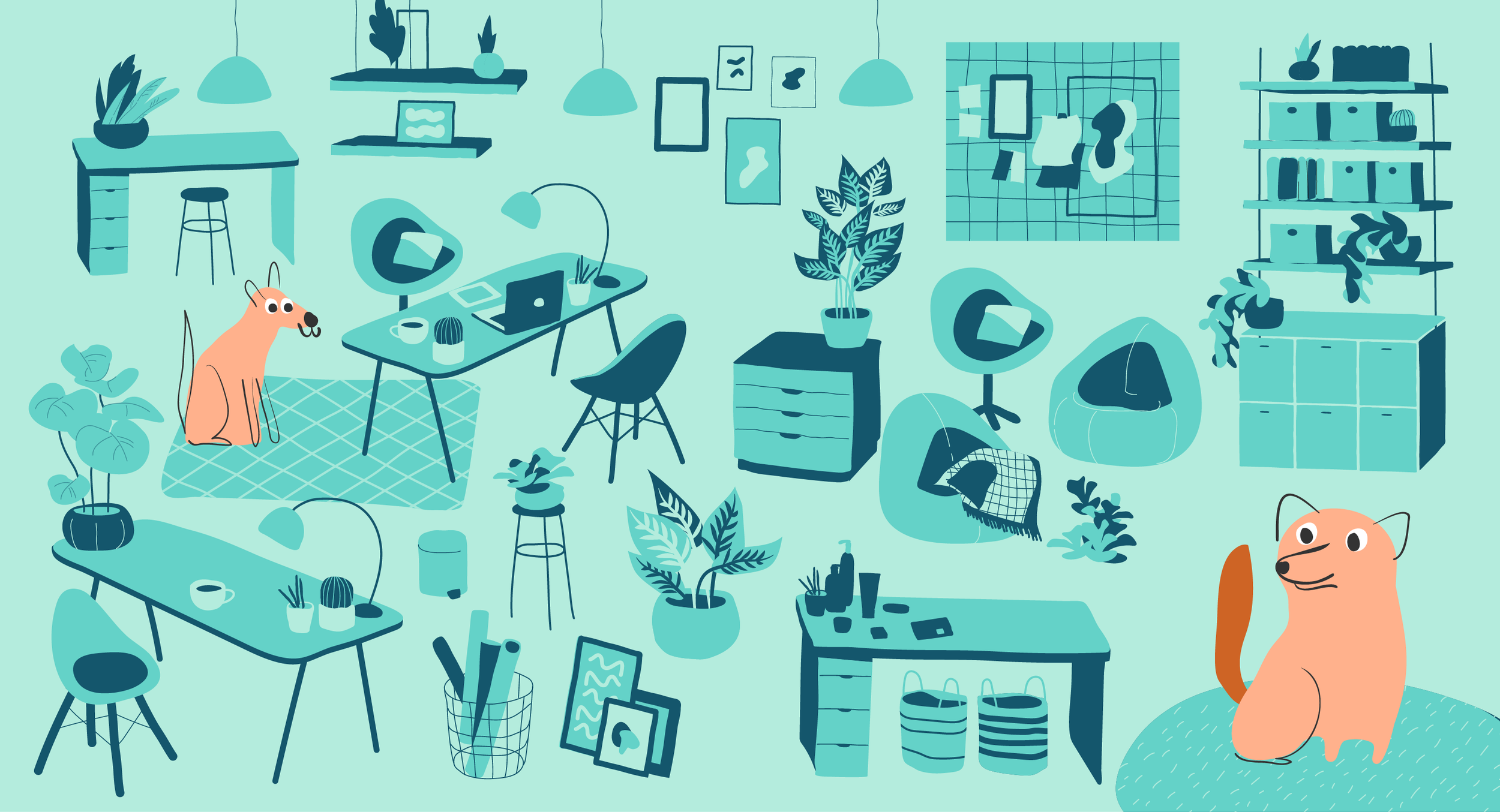Dive into a collection of articles that amplify neurodivergent voices, support a more thorough understanding of neurodiversity, and challenge common misconceptions.
Month
- February 2026
- January 2026
- December 2025
- November 2025
- October 2025
- September 2025
- August 2025
- July 2025
- June 2025
- May 2025
- April 2025
- March 2025
- February 2025
- January 2025
- December 2024
- November 2024
- October 2024
- September 2024
- August 2024
- July 2024
- June 2024
- May 2024
- April 2024
- March 2024
- February 2024
- January 2024
- December 2023
- November 2023
- October 2023
- September 2023
- August 2023
- July 2023
- June 2023
- May 2023
- April 2023
- March 2023
- February 2023
- January 2023
- December 2022
Author
- Abs S. Ashley
- Adam Fare
- Aimee Fletcher
- Aisling Sheehy
- Andreia Costa
- Ann Memmott
- Antonia Aluko
- Bethan Warner
- Beverley Samways
- Brendan Maguire
- Callum Stephen Howes
- Cassandra Lovelock
- Charli Clement
- Chloe Webster-Harris
- Claire
- Cos Michael
- Darren O'Reilly
- Dr Catherine Crompton
- Dr Virginia Carter Leno
- El Dewar
- Elise Guthrie Stirling
- Emily Wooden
- Emily Lees
- Emily Katy
- Emma
- Emma Nielson
- Grace Lee
- Harriet Axbey
- Hat Porter
- Helen Edgar
- Iqra Babar
- Jill Corbyn
- Kai Schweizer
- Katrine Callander
- Kay Louise Aldred
- Krysia Waldock
- Kyra Thompson
- Lizzie Smith
- Lou Chandler
- Lucy Gilbert
- Meena Kumari
- Molly Anderton
- Molly Siobhan Parker
- Nick Ransom
- Reesha Zahir
- Remie Colledge
- Rhiannon Williams
- Rod Landman
- Rose Matthews
- Sarah Douglas
- Sarah Boon
- Sascha Bellamy
- Sophie Broadgate
- Stop Oxevision
- Tania Robinson
- Thomas Barnett
- Tina
- Trauma Geek
- Victoria Denham
- Warda Farah
- Zoë Austin

Autism, Neurodivergence, Support Needs and Inclusion — What’s New in February
In this research roundup, Ann Memmott brings together recent February papers exploring Neurodivergence and Learning Disabilities. The studies cover drug trials, gender parity, social communication preferences, later-life Autism diagnosis, bullying patterns, ADHD and mind wandering and mental health and suicidality in older Autistic adults—highlighting the importance of understanding, support, and respect for diverse ways of being.

Autism Research—What’s New in February
In this month’s research roundup, Ann Memmott picks out some of the current big debates on Autistic lives, and showcases new and important research from teams and academics working within the field.

Autism Research—What’s New in January
In this month’s research roundup, Ann Memmott picks out some of the current big debates on Autistic lives, and showcases new and important research from teams and academics working within the field.

9 lessons learned from working in a non-Neurodivergent-affirming environment
Reflecting on their recent experience, NdC Development Lead Kay Louise Aldred shares some key lessons she learned from navigating a non-Neurodivergent-affirming workplace environment.

Autism Research—What’s New in June
This research roundup picks out some of the current big debates on autistic lives, and showcases new and important research from teams and academics working within the field.

Autism Research—What’s New in May
This research roundup picks out some of the current big debates on autistic lives, and showcases new and important research from teams and academics working within the field.

4 Questions For: Autism and Ageing project (MICRA)
Team members from a MICRA-funded research project on autism and ageing answer four key questions from NdC Founder & Director, Jill Corbyn. MICRA is the Manchester Institute for Collaborative Research on Ageing (University of Manchester).

To disclose, or not to disclose?
Warda Farah examines four key aspects of a difficult question faced by many Neurodivergent individuals: whether or not to disclose their diagnoses at their place of work.

A rollercoaster: neurodivergent and in the media
I only heard the term ‘neurodiversity’ a few years back, but in reality, it’s dominated my whole life. Subconsciously, for years, I thought different, I felt different and, in 2017, being diagnosed as autistic changed my life for the better.

Neurodivergent friendly recruitment
Recruitment and employment processes can be baffling, and often seem to test social skills and ‘culture fit’ rather than competence to fulfil the role and ‘culture add’. We are excited to try a new way of recruiting and a new way of working.
- ABA
- abuse
- accessible
- ADHD
- adults
- advocacy
- affirming
- aging
- assessment
- autism
- autistic parents
- black autistic
- building design
- burnout
- childhood
- children
- co production
- coercive control
- communication
- community
- culture
- depression
- Designing Homes for Sensory Differences Summit 2024
- diagnosis
- disability
- dyslexia
- eating disorders
- education
- empathy
- employment
- environment
- ethics
- executive functioning
- family
- friendships
- GCC Summit 2023
- gender
- grooming
- guidance
- health
- healthcare
- holiday
- housing
- human rights
- identity
- inclusion
- inpatient
- intersectionality
- joy
- language
- late diagnosed
- learning disability
- LGBTQIA+
- lived experience
- masking
- medicalisation
- meltdown
- mental health
- monotropism
- mothers
- nervous system
- newly diagnosed
- NHS
- OCD
- online
- pain
- parents
- PBS
- peer support
- play
- psychiatric care
- quality of life
- race
- racism
- reasonable adjustments
- relationships
- research
- resources
- routine
- school
- self diagnosis
- self regulation
- sensory environment
- sensory overwhelm
- sensory processing
- services
- sexism
- special interests
- spirituality
- stimming
- stress
- suicide
- support
- therapy
- training
- trauma
- trauma-informed
- women
- workplace
- young people
Got something to say?
We commission blogs from neurodivergent writers. We are particularly keen to hear from people of colour, older people, and non-speaking members of our community. Help us in our mission to amplify the views and voices that are most often left unseen and unheard.


